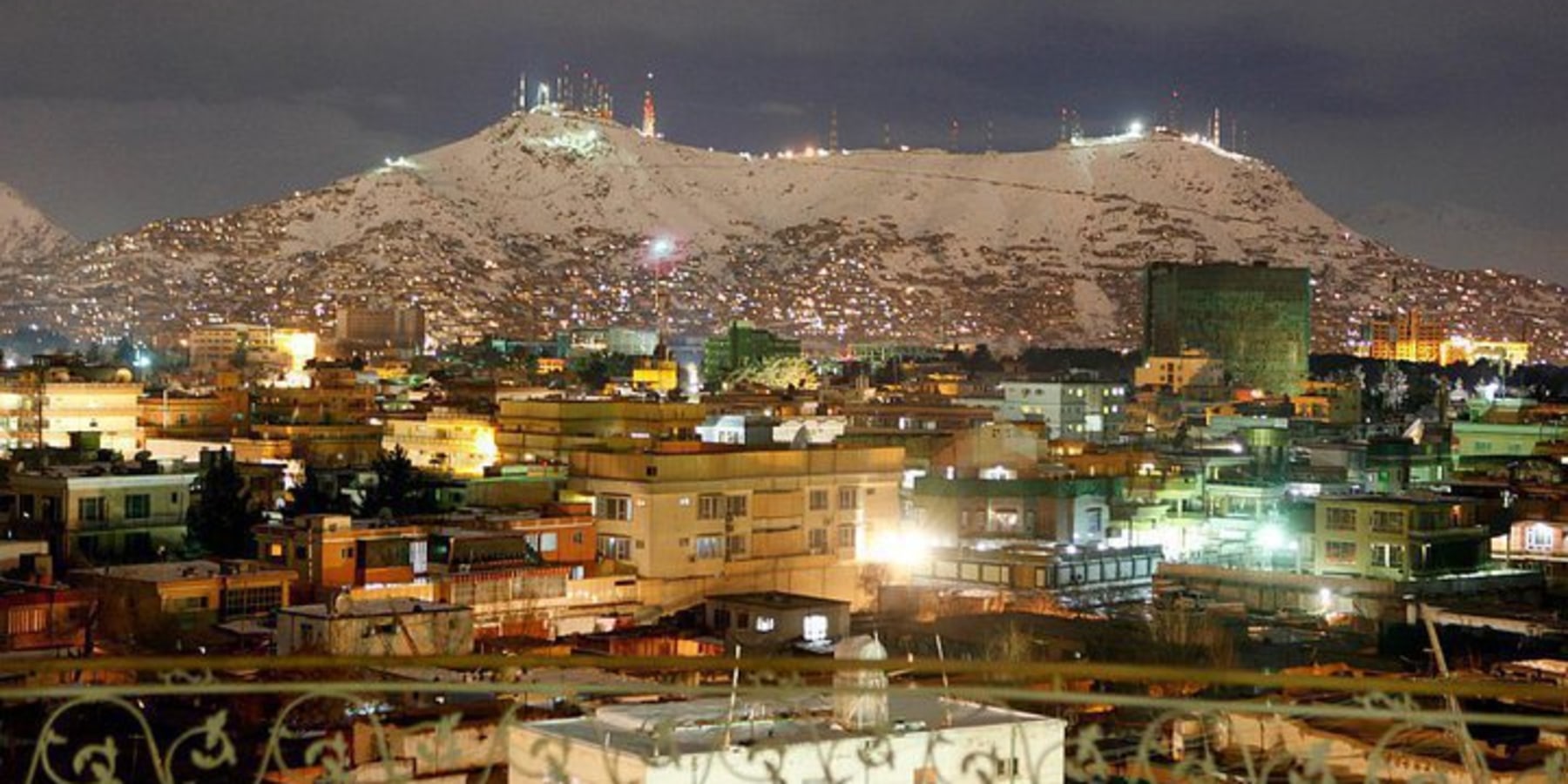
Kabul is the capital and largest city of Afghanistan.
Located in the eastern half of the country, it is also a municipality, forming part of the Kabul Province; it is administratively divided into 22 municipal districts. According to 2023 estimates, the population of Kabul was more than 5 million people. In contemporary times, the city has served as Afghanistan's political, cultural, and economical center, and rapid urbanization has made Kabul the 75th-largest city in the world and the country's primate city.
The modern-day city of Kabul is located high up in a narrow valley between the Hindu Kush, and is bounded by the Kabul River.
At an elevation of 1,790 meters (5,873 ft.), it is one of the highest capital cities in the world.
Kabul is said to be over 3,500 years old, mentioned since at least the time of the Achaemenid Persian Empire. Located at a crossroads in Asia, roughly halfway between Istanbul, Turkey, in the west and Hanoi, Vietnam, in the east—it is situated in a strategic location along the trade routes of Central Asia and South Asia, and was a key destination on the ancient Silk Road; it was traditionally seen as the meeting point between Tartary, India, and Persia.
Kabul has also been under the rule of various other dynasties and empires, including the Seleucids, the Kushanies, the Hindu Shahs, Western Turks, the Turk Shahs, the Samanids, the Khwarazmians, the Timurids, and the Mongols, among others. In the 16th century, the Mughal Empire used Kabul as a summer capital, during which time it prospered and increased in significance. It briefly came under the control of the Afsharids following Nader Shah's invasion of India, until finally becoming under local rule by the Afghan Empire in 1747; Kabul became the capital of Afghanistan in 1776, during the reign of Timur Shah Durrani (a son of Ahmad Shah Durrani).
In the 19th century, the city was occupied by the British, but after establishing foreign relations and agreements, they were compelled to withdraw all forces from Afghanistan and returned to British India.
Kabul is known for its historical gardens, bazaars, and palaces, well-known examples are the Gardens of Babur and Darul Aman Palace, as well as the Arg. In the second half of the 20th century, it became a stop on the hippie trail undertaken by many Europeans, and the city also gained the nickname "Paris of Central Asia" during this time.

